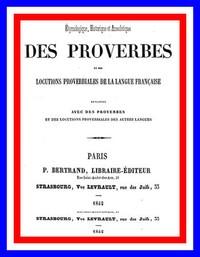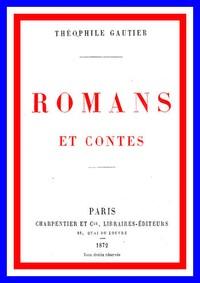Read this ebook for free! No credit card needed, absolutely nothing to pay.
Words: 58938 in 15 pages
This is an ebook sharing website. You can read the uploaded ebooks for free here. No credit cards needed, nothing to pay. If you want to own a digital copy of the ebook, or want to read offline with your favorite ebook-reader, then you can choose to buy and download the ebook.
THE GREAT ARMY OF THE WOUNDED 1
LIFE AMONG FIFTY THOUSAND SOLDIERS 11
HOSPITAL VISITS 21
LETTERS OF 1862-3 47
LETTERS OF 1864 143
THE GREAT ARMY OF THE WOUNDED
The military hospitals, convalescent camps, etc., in Washington and its neighborhood, sometimes contain over fifty thousand sick and wounded men. Every form of wound , every kind of malady, like a long procession, with typhoid fever and diarrhoea at the head as leaders, are here in steady motion. The soldier's hospital! how many sleepless nights, how many women's tears, how many long and waking hours and days of suspense, from every one of the Middle, Eastern, and Western States, have concentrated here! Our own New York, in the form of hundreds and thousands of her young men, may consider herself here--Pennsylvania, Ohio, Indiana, and all the West and Northwest the same--and all the New England States the same.
People through our Northern cities have little or no idea of the great and prominent feature which these military hospitals and convalescent camps make in and around Washington. There are not merely two or three or a dozen, but some fifty of them, of different degrees of capacity. Some have a thousand and more patients. The newspapers here find it necessary to print every day a directory of the hospitals--a long list, something like what a directory of the churches would be in New York, Philadelphia, or Boston.
The Government is gradually settling down to adopt the plan of placing the hospitals in clusters of one-story wooden barracks, with their accompanying tents and sheds for cooking and all needed purposes. Taking all things into consideration, no doubt these are best adapted to the purpose; better than using churches and large public buildings like the Patent office. These sheds now adopted are long, one-story edifices, sometimes ranged along in a row, with their heads to the street, and numbered either alphabetically, Wards A or B, C, D, and so on; or Wards 1, 2, 3, etc. The middle one will be marked by a flagstaff, and is the office of the establishment, with rooms for the ward surgeons, etc. One of these sheds, or wards, will contain sixty cots; sometimes, on an emergency, they move them close together, and crowd in more. Some of the barracks are larger, with, of course, more inmates. Frequently there are tents, more comfortable here than one might think, whatever they may be down in the army.
Each ward has a ward-master, and generally a nurse for every ten or twelve men. A ward surgeon has, generally, two wards--although this varies. Some of the wards have a woman nurse; the Armory-square wards have some very good ones. The one in Ward E is one of the best.
A few weeks ago the vast area of the second story of that noblest of Washington buildings, the Patent office, was crowded close with rows of sick, badly wounded, and dying soldiers. They were placed in three very large apartments. I went there several times. It was a strange, solemn, and, with all its features of suffering and death, a sort of fascinating sight. I went sometimes at night to soothe and relieve particular cases; some, I found, needed a little cheering up and friendly consolation at that time, for they went to sleep better afterwards. Two of the immense apartments are filled with high and ponderous glass cases crowded with models in miniature of every kind of utensil, machine, or invention it ever entered into the mind of man to conceive, and with curiosities and foreign presents. Between these cases were lateral openings, perhaps eight feet wide, and quite deep, and in these were placed many of the sick; besides a great long double row of them up and down through the middle of the hall. Many of them were very bad cases, wounds and amputations. Then there was a gallery running above the hall, in which there were beds also. It was, indeed, a curious scene at night when lit up. The glass cases, the beds, the sick, the gallery above and the marble pavement under foot; the suffering, and the fortitude to bear it in the various degrees; occasionally, from some, the groan that could not be repressed; sometimes a poor fellow dying, with emaciated face and glassy eyes, the nurse by his side, the doctor also there, but no friend, no relative--such were the sights but lately in the Patent office. The wounded have since been removed from there, and it is now vacant again.
Of course there are among these thousands of prostrated soldiers in hospital here all sorts of individual cases. On recurring to my note-book, I am puzzled which cases to select to illustrate the average of these young men and their experiences. I may here say, too, in general terms, that I could not wish for more candor and manliness, among all their sufferings, than I find among them.
Free books android app tbrJar TBR JAR Read Free books online gutenberg
More posts by @FreeBooks

: Eläinten nahoissa: Tarina Ruijasta by Aikio Matti Siljo Juhani Translator - Love stories; Sami (European people) Fiction; Reindeer herders Fiction; Norway History Fiction









